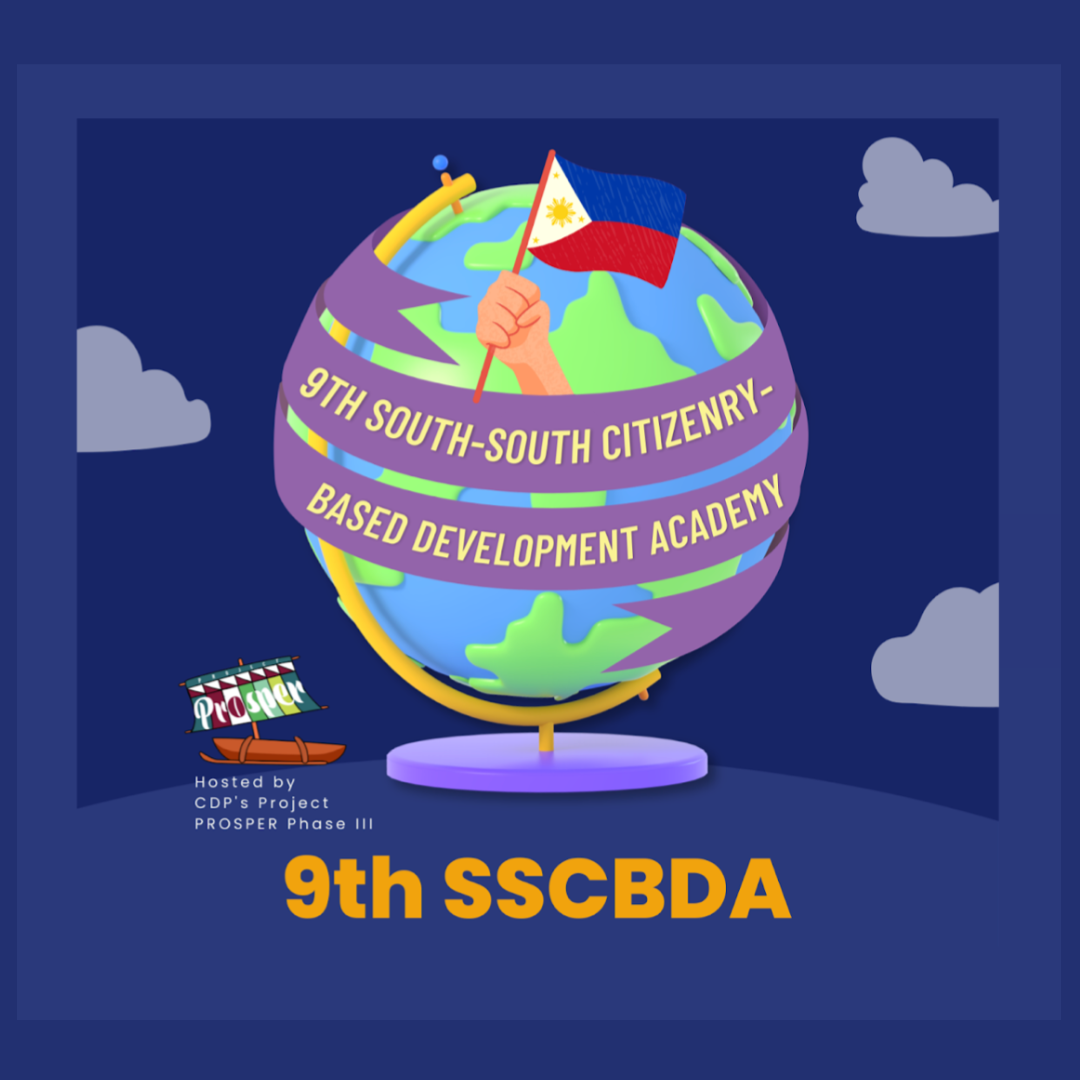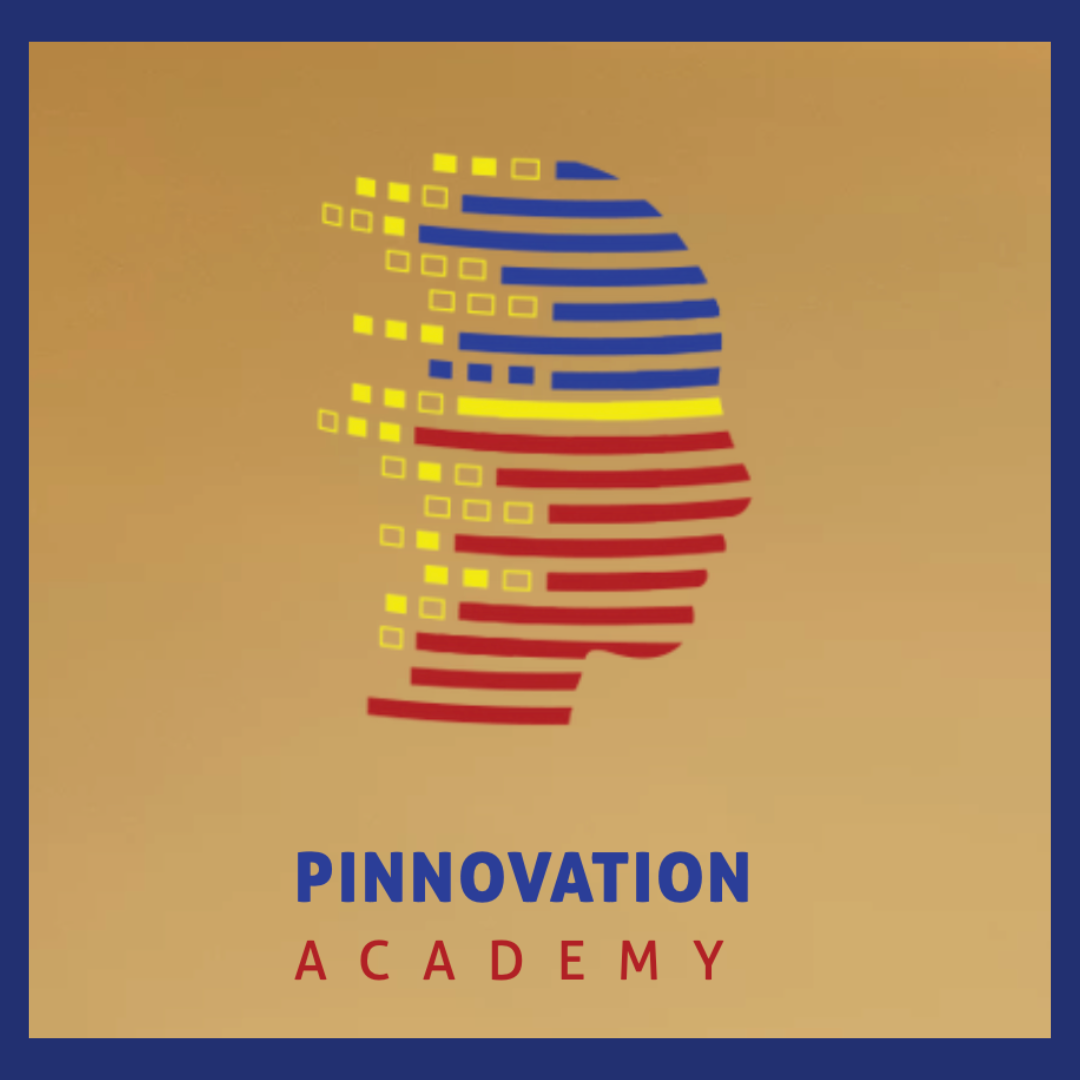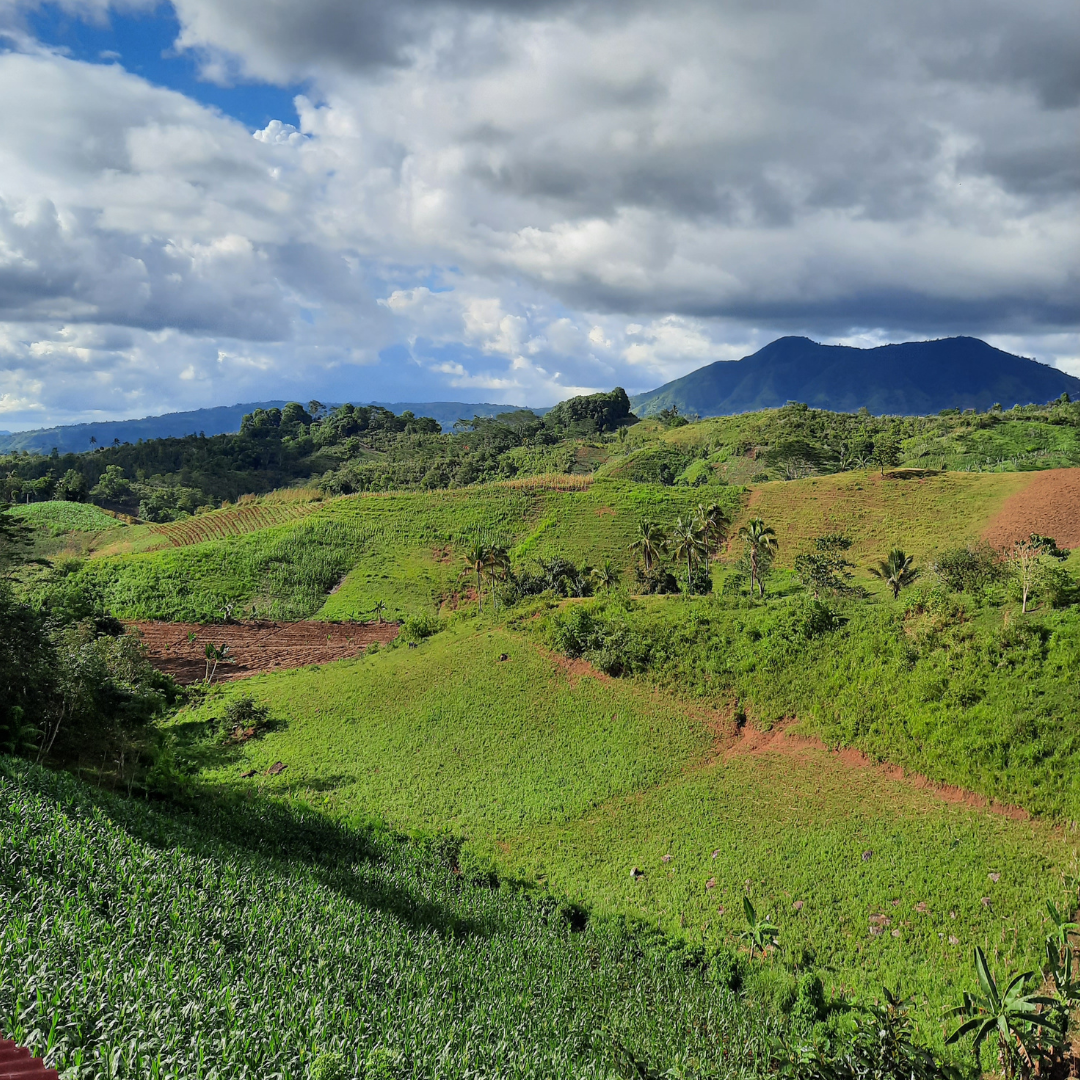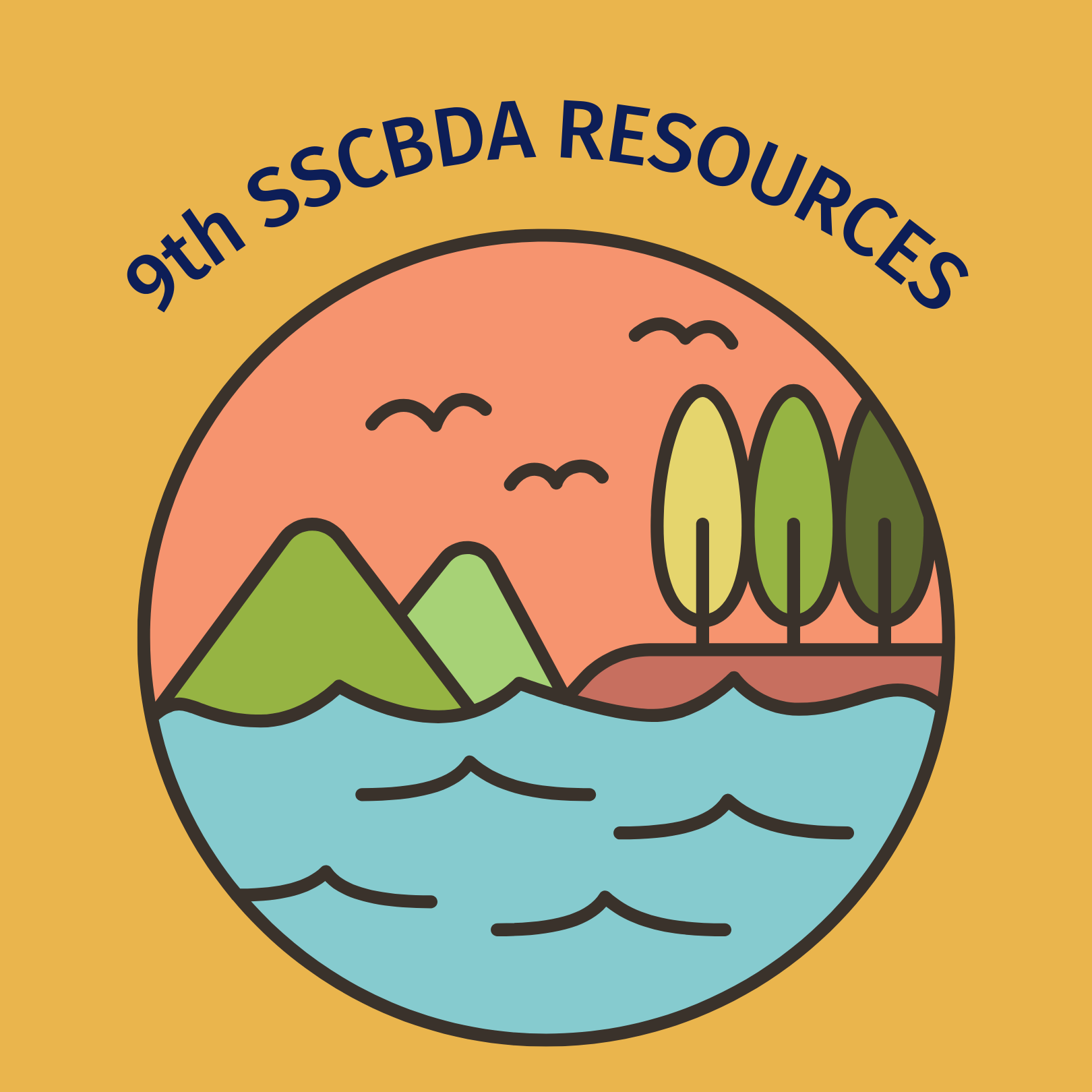Deep Dive Sessions
9th South-South Citizenry-Based Development Academy
Kindly check the sessions information and schedule below.
First Deep Dive Session:
From ridge to reef, from local to global
Date: 22 June 2022 – 10:15 a.m.-12:15 p.m. PHT
Moderator: Mr. Redmond Batario, CCJD
Zoom Link: https://us06web.zoom.us/j/85041653509
Venue: Grand Ballroom – Manuel’s Resort
Session Objectives
From ridge to reef, from local to global
Date: 22 June 2022 – 10:15 a.m.-12:15 p.m. PHT
Moderator: Mr. Redmond Batario, CCJD
Zoom Link: https://us06web.zoom.us/j/85041653509
Venue: Grand Ballroom – Manuel’s Resort
This session is about policies, plans, practices, and various initiatives of communities to localize national and global priorities, such as the National Disaster Risk Reduction and Management Framework (NDRRMF) as well as the priorities of Sendai Framework for Disaster Risk Reduction (SFDRR), while integrating their local risk landscape and ground realities.
The session will also tackle how the global and national agendas are influenced by various voices from vulnerable communities and how the national and the global actors help respond to the emerging complexities of risks as well as learnings and experiences from various regions.
The session will also tackle how the global and national agendas are influenced by various voices from vulnerable communities and how the national and the global actors help respond to the emerging complexities of risks as well as learnings and experiences from various regions.
Session Objectives
- Discuss the national priorities on environmental management and disaster risk reduction from the perspective of national and regional agencies
- Tackle the communities’ strategies, experience and learning adapting both to climate change and disaster risks as well as the changing national and regional priorities
- Discuss facilitative policies and mechanisms that can support strengthen locally-led ecosystem-based adaptation and ecosystem-based DRR actions
- Focus on various lessons learnt and best practices in mainstreaming environmental protection and disaster risk reduction in local planning processes
- Localizing national targets, German R. Romano Jr., Forest Management Specialist II, Chief, Watershed Management Unit, DENR-9
- Salug Valley LGU CC-DRRM Strategies, For. Rocelo Navarro, MDRRMO
- SFDRR Targets and Local Implementation, Ms. Mayfourth Luneta, Asian Disaster Reduction and Response Network (ADRRN)
- National support to local initiatives, Ms. Cheryl Leal, Acting Chief
Disaster Risk Governance Division, Office of Civil Defense – PDPS
Second Deep Dive Session:
Resilient livelihood initiatives
amid rising climate risk
Date: 22 June 2022 – 03:00 p.m. – 5:00 p.m. PHT
Moderator: Ms. Imelda Abarquez
Zoom Link: https://us06web.zoom.us/j/85041653509
Venue: Grand Ballroom – Manuel’s Resort
Session Objectives
Speakers
Resilient livelihood initiatives
amid rising climate risk
Date: 22 June 2022 – 03:00 p.m. – 5:00 p.m. PHT
Moderator: Ms. Imelda Abarquez
Zoom Link: https://us06web.zoom.us/j/85041653509
Venue: Grand Ballroom – Manuel’s Resort
Locally-led initiatives in diversifying, strengthening, and protecting livelihoods have emerged in various provinces, municipalities, and even barangays that are most vulnerable to the impacts of climate change and other natural hazards that frequent their areas. Many of these are in need of help from regional and national levels, not just in terms of economic boosts but also technical support, research, and promotion.
In this session, the speakers will be sharing initiatives that are not only building and gearing towards achieving resilient livelihoods but also local efforts that facilitate and support innovative strategies of communities to achieve food security amid worsening impacts of climate change.
In this session, the speakers will be sharing initiatives that are not only building and gearing towards achieving resilient livelihoods but also local efforts that facilitate and support innovative strategies of communities to achieve food security amid worsening impacts of climate change.
Session Objectives
- To share to the participants various community-led livelihood initiatives and/or support to livelihood for communities most affected by natural hazards
- To share community-led innovations, solutions that address food shortage, while considering the environmental health and ecological integrity of their surrounding ecosystems
- To discuss various mechanisms and support systems LGUs, CSOs, private sectors, and various networks to promote and support resilient livelihood
Speakers
- Fisherfolks of Panay Islands
Mr. Julrod Prino
Mr. Melbert Malbon
Ang Pamalakaya
- Climate resiliency field school
Hon. Saturnino Durante, Barangay Captain – Switch, Ramon Magsaysay, Zamboanga del Sur
- Shea Butter Production in Burkina Faso
Global Network of Civil Society Organisations for Disaster Reduction (GNDR)
Third Deep Dive Session:
Adapting to climate change and reducing
disaster risk through ecosystem approach
Date: 24 June 2022 – 09:00 a.m. – 11:30 a.m. PHT
Moderator: Ms. Jessica Dator-Bercilla
Zoom Link: https://us06web.zoom.us/j/86394244084
Venue: Grand Ballroom – Manuel’s Resort
This session is about policies, plans, practices, and various initiatives of communities to localize national and global priorities, such as the National Disaster Risk Reduction and Management Framework (NDRRMF) as well as the priorities of Sendai Framework for Disaster Risk Reduction (SFDRR), while integrating their local risk landscape and ground realities.
The session will also tackle how the global and national agendas are influenced by various voices from vulnerable communities and how the national and the global actors help respond to the emerging complexities of risks as well as learnings and experiences from various regions.
Session Objectives
Speakers:
Adapting to climate change and reducing
disaster risk through ecosystem approach
Date: 24 June 2022 – 09:00 a.m. – 11:30 a.m. PHT
Moderator: Ms. Jessica Dator-Bercilla
Zoom Link: https://us06web.zoom.us/j/86394244084
Venue: Grand Ballroom – Manuel’s Resort
This session is about policies, plans, practices, and various initiatives of communities to localize national and global priorities, such as the National Disaster Risk Reduction and Management Framework (NDRRMF) as well as the priorities of Sendai Framework for Disaster Risk Reduction (SFDRR), while integrating their local risk landscape and ground realities.
The session will also tackle how the global and national agendas are influenced by various voices from vulnerable communities and how the national and the global actors help respond to the emerging complexities of risks as well as learnings and experiences from various regions.
Session Objectives
- Share in the SSCBDA platform various initiatives, paradigm shifts, and good practices of different level of various sectors and different government levels that will be the source of learning to participants who experience similar hazards. After all, everything is connected to everything.
- Provide the glimpse of various ecosystem-based adaptation and risk reduction of communities who are experiencing complex hazards, such as being situated in a valley filled with large rivers, or being a coastal community that faces the threat of rising sea-level and extreme weather events.
- Share an alternative trajectory in terms of influencing legislations, policies, and governance toward more ecologically sound development toward sustainability
Speakers:
- Ecosystem-based Adaptation in a valley of rivers
Salug Valley Communities:
Mr. Noriben Jay Lubguban, Zamboanga Del Sur
Ms. Imelda Villas, Zamboanga del Norte
- An award-winning ecosystem-based adaptation strategy
Roberto “Ka Dodoy” Ballon, Kapunungan sa Gamay ng Mangingisda sa Concepcion, Kabasalan Zamboanga Sibugay
- Rights of Nature
Candy Lachica Hidalgo, Philippine Misereor Partnership, Inc.
- Global snippets from ADRRN
Fourth Deep Dive Session:
End-to-End Early Warning System that is
highly participatory and community-driven
Date: 24 June 2022 – 12:30 p.m. – 02:30 p.m. PHT
Moderator: Ms. Kristin M. Roxas
Zoom Link: https://us06web.zoom.us/j/86394244084
Venue: Grand Ballroom – Manuel’s Resort
Indeed, the heart of every preparedness is a well-adaptive, inclusive, and harmonized end-to-end Early Warning System. The Philippines has seen disasters that could have been avoided had communities been more capacitated and organized to develop, practice, and improve their EWS. For years, however, good practices have been shared, discussed, and even more improved while our technology gets more advanced to support the needs of communities.
In this session, case stories, good practices, and experience of our local and international partners on end-to-end EWS will be tackled and closely examined to further identify effective ingredients in formulating, implementing, and improving life-saving end-to-end early warning system.
Session Objectives
Speakers
End-to-End Early Warning System that is
highly participatory and community-driven
Date: 24 June 2022 – 12:30 p.m. – 02:30 p.m. PHT
Moderator: Ms. Kristin M. Roxas
Zoom Link: https://us06web.zoom.us/j/86394244084
Venue: Grand Ballroom – Manuel’s Resort
Indeed, the heart of every preparedness is a well-adaptive, inclusive, and harmonized end-to-end Early Warning System. The Philippines has seen disasters that could have been avoided had communities been more capacitated and organized to develop, practice, and improve their EWS. For years, however, good practices have been shared, discussed, and even more improved while our technology gets more advanced to support the needs of communities.
In this session, case stories, good practices, and experience of our local and international partners on end-to-end EWS will be tackled and closely examined to further identify effective ingredients in formulating, implementing, and improving life-saving end-to-end early warning system.
Session Objectives
- Share the communities and LGU’s adaptive and absorptive capacity in developing an end-to-end early warning system across and beyond their area of coverage
- Provide stories and experience how communities and grassroots, as end-user of an EWS, also defines its effectivity and how to harness these sectors toward realization of a zero casualty with improved local EWS
- Share experience from partners transboundary hazards and how various communities and even countries work together to develop appropriate mechanisms to improve the community preparedness and response to warnings
Speakers
- Urban LGU – Malabon City
Barangay Potrero’s Experience as natural catch basin in Metro Manila
Hon. Sheryl Nolasco, Barangay Captain
Ms. Maridel Barbin, Barangay Secretary and Women Waste Warrior Leader
- Urban LGU – Marikina City
Marikina Watershed and City EWS
Mr. Dave C. David, Chief – Marikina City Disaster Risk Reduction and Management Office - Ridge-to-reef early warning system of Salug Valley
Mr. Nilo Munoz, Chief, Tambulig Municipal Disaster Risk Reduction and Management Office
- Community-led Early Warning Across Borders:
Beating the floods in Uttar Pradesh
Mihinpurwa, Uttar Pradesh, India
Global Network of Civil Society Organisations for Disaster Reduction







